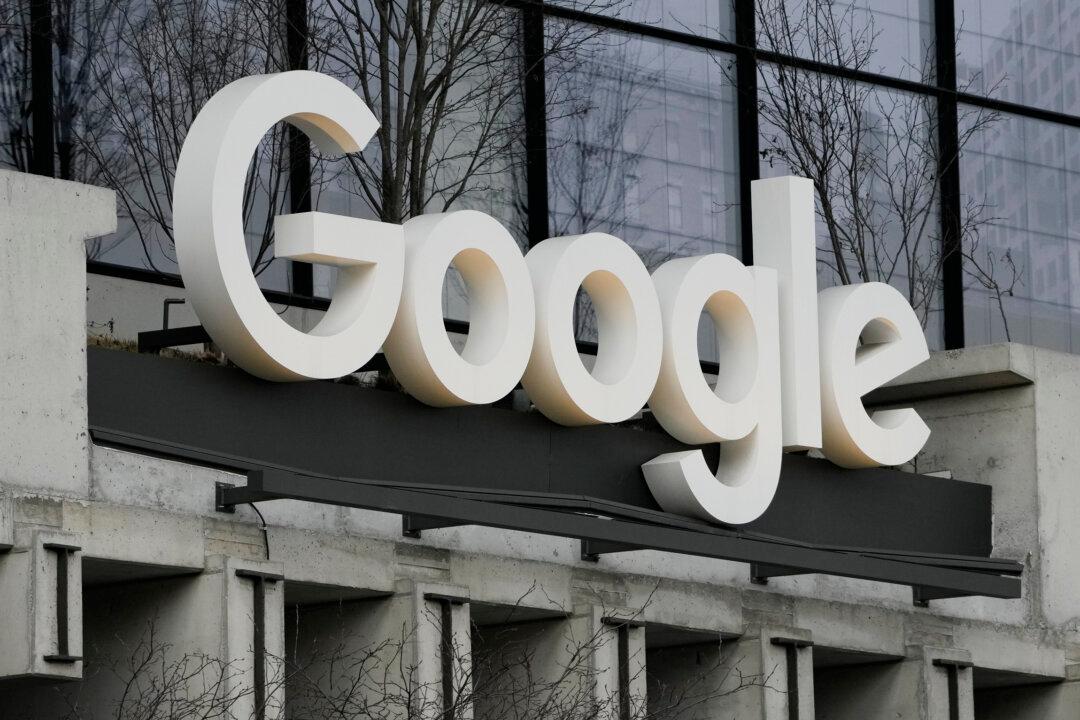ALEXANDRIA, Va.—Opening arguments and initial testimony began in Virginia on Sept. 9 as the Justice Department (DOJ) sought to convince a judge that Google’s purported monopolization of the digital advertising technology market violated antitrust law.
DOJ attorney Julia Wood told a federal judge that Google dominated multiple aspects of the advertising technology industry while unfairly quashing competition. Filed in 2023, DOJ’s complaint alleged that the tech giant violated the Sherman Antitrust Act, a law passed in the wake of the industrial revolution.





